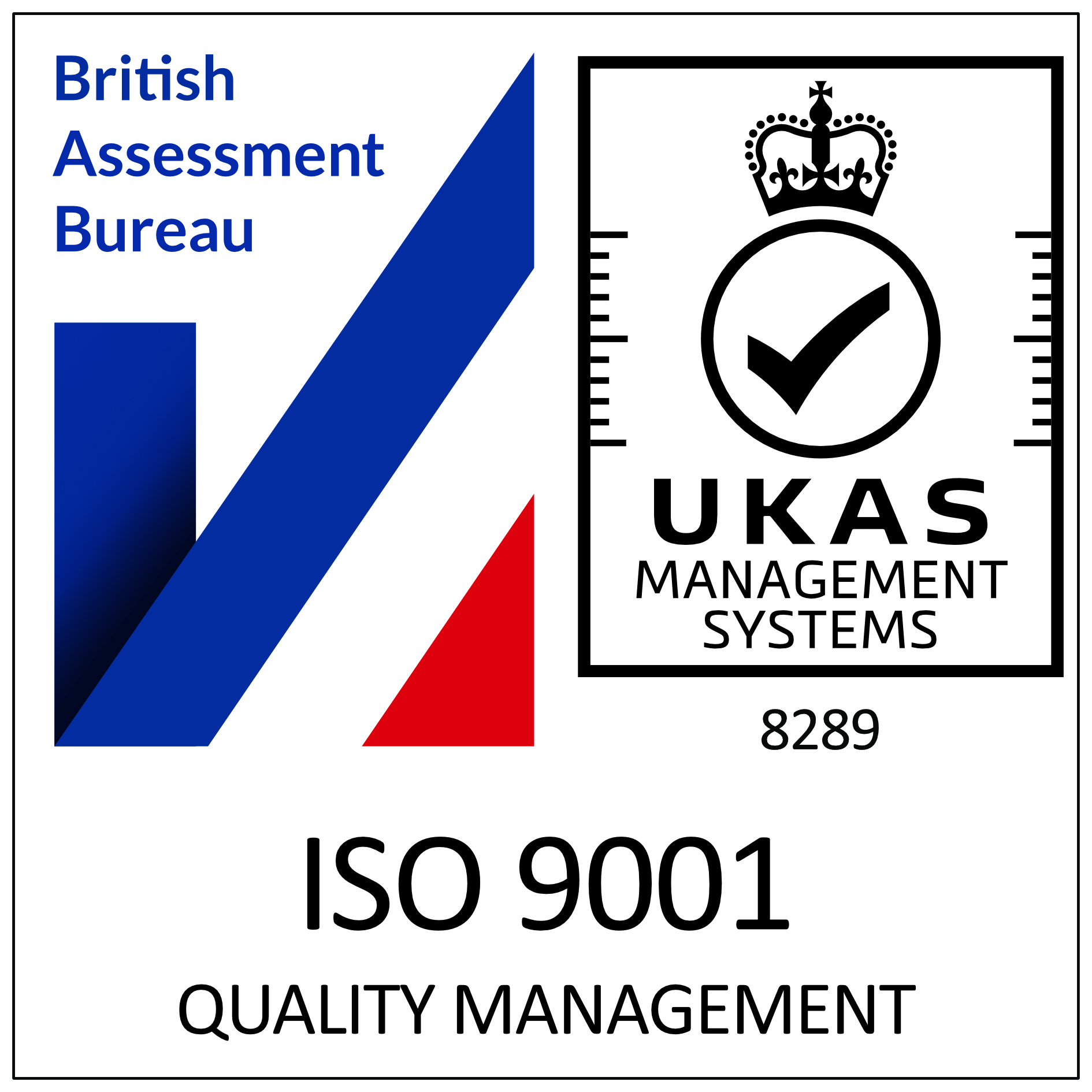Why And How To Reduce Noise Levels In Hotels
The hospitality sector is a complicated and busy sector to deliver in and manage. The comfort, safety, welfare, and enjoyment of its’ patrons and customers are the main concerns. And that is something that is not always easy to provide. Within the hotel industry one of the biggest considerations – and one of the largest sources of complaints – is noise. Excessive noise from adjoining rooms, other guests, social functions within the hotel, outside noise and even hotel room air conditioning are all common sources of guest upset. It is, therefore, paramount that hotel management combat excessive noise wherever they can. As an example, in some hotels now, padded noise-reducing headboards are being employed to improve room acoustics. Here are some general considerations with regards to sound reduction and control:
The Insulation of Hotel Rooms
Hotel room ceilings and walls can be insulated against noise transmission from space to space. Acoustic paneling can be applied to existing ceilings in between the separating ceiling and floor space to the room above to achieve and manage sound reduction between floors.
With regards to reducing sound transmission between adjoining rooms and walls, there are many different acoustic systems with which to treat both timber and metal stud partition walls, along with some masonry treatments. A soundproof wall lining system is available which is ideal for smaller hotel rooms as it is of a very slim construction and effectively reduces sound transmission with minimal loss of room space.
Acoustic Panels for Common Areas
Many of the ‘common’ areas of hotels are particularly exposed to excess noise and sound travel. Bars, restaurants, and reception areas are susceptible to ‘noise pollution’ because of their general construction. These hotel facility areas mostly comprise of hard surfaces, so when noise is created there are high levels of reverberation resulting in increased ambient noise as the areas get busier. This ambient noise can be softened by employing softer materials in the areas. Fabric sofas, carpets, and curtains can all absorb noise as opposed to reflecting it back as hard surfaces do. There are more specific noise absorbent solutions that can also be applied. Acoustic panels can be affixed to walls and ceilings in these areas which are specifically designed to reduce the number of hard surfaces that will help ‘mute’ the noise levels.
Acoustic Doors and Windows
In instances where external noise is the problem, specially manufactured glazing can be effective, as can specifically manufactured external soundproof fire doors. Indeed, soundproof fire doors can be installed internally throughout a hotel offering the dual purpose and benefit of the solid core material acting to both absorb and reduce noise, as well as providing the vitally important fire spread prevention. Fire resistant doors can help contain any fire outbreak and all it’s harmful elements of flame, heat, and smoke, whilst buying valuable time for hotel guests to egress the building to safety. All hotel bedroom doors should be installed as internal fire doors, offering that important safety protection as well as minimising any excessive noise from other guests in the hotel corridors and adjoining rooms.
Consulting with an established and reputable soundproof fire door manufacturer is advisable, as they can offer important and relevant information on how to reduce excessive noise within a hotel environment, as well as offering that all-important fire safety information.
Enfield Doors
If you would like to find out more about soundproof fire doors, hotel bedroom doors or fire resistant doors in the UK, we can help. Our team of experts is always on hand to guide you and give you sound and pragmatic advice based on years of experience and successful installations.
If you would like further information on our company, please contact us and we will respond as quickly as possible. We look forward to helping you.








